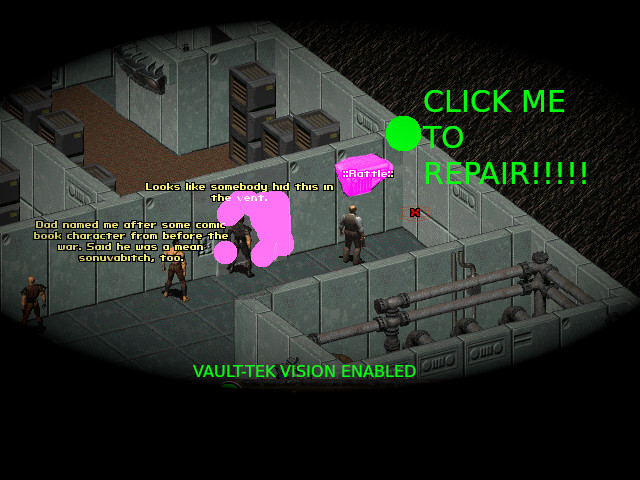In regard to education in Brazil, I had a very interesting experience. I was teaching a group of students who would ultimately become teachers, since at that time there were not many opportunities in Brazil for a highly trained person in science. These students had already had many courses, and this was to be their most advanced course in electricity and magnetism - Maxwell's equations, and so on.
The university was located in various office buildings throughout the city, and the course I taught met in a building which overlooked the hay.
I discovered a very strange phenomenon: I could ask a question, which the students would answer immediately. But the next time I would ask the question - the same subject, and the same question, as far as I could tell - they couldn't answer it at all! For instance, one time I was talking about polarized light, and I gave them all some strips of polaroid.
Polaroid passes only light whose electric vector is in a certain direction, so I explained how you could tell which way the light is polarized from whether the polaroid is dark or light.
We first took two strips of polaroid and rotated them until they let the most light through. From doing that we could tell that the two strips were now admitting light polarized in the same direction - what passed through one piece of polaroid could also pass through the other. But then I asked them how one could tell the absolute direction of polarization, for a single piece of polaroid.
They hadn't any idea.
I knew this took a certain amount of ingenuity, so I gave them a hint: "Look at the light reflected from the bay outside."
Nobody said anything.
Then I said, "Have you ever heard of Brewster's Angle?"
"Yes, sir! Brewster's Angle is the angle at which light reflected from a medium with an index of refraction is completely polarized."
"And which way is the light polarized when it's reflected?"
"The light is polarized perpendicular to the plane of reflection, sir." Even now, I have to think about it; they knew it cold! They even knew the tangent of the angle equals the index!
I said, "Well?"
Still nothing. They had just told me that light reflected from a medium with an index, such as the bay outside, was polarized; they had even told me which way it was polarized.
I said, "Look at the bay outside, through the polaroid. Now turn the polaroid."
"Ooh, it's polarized!" they said.
After a lot of investigation, I finally figured out that the students had memorized everything, but they didn't know what anything meant. When they heard "light that is reflected from a medium with an index," they didn't know that it meant a material such as water. They didn't know that the "direction of the light" is the direction in which you see something when you're looking at it, and so on. Everything was entirely memorized, yet nothing had been translated into meaningful words. So if I asked, "What is Brewster's Angle?" I'm going into the computer with the right keywords. But if I say, "Look at the water," nothing happens - they don't have anything under "Look at the water"!















